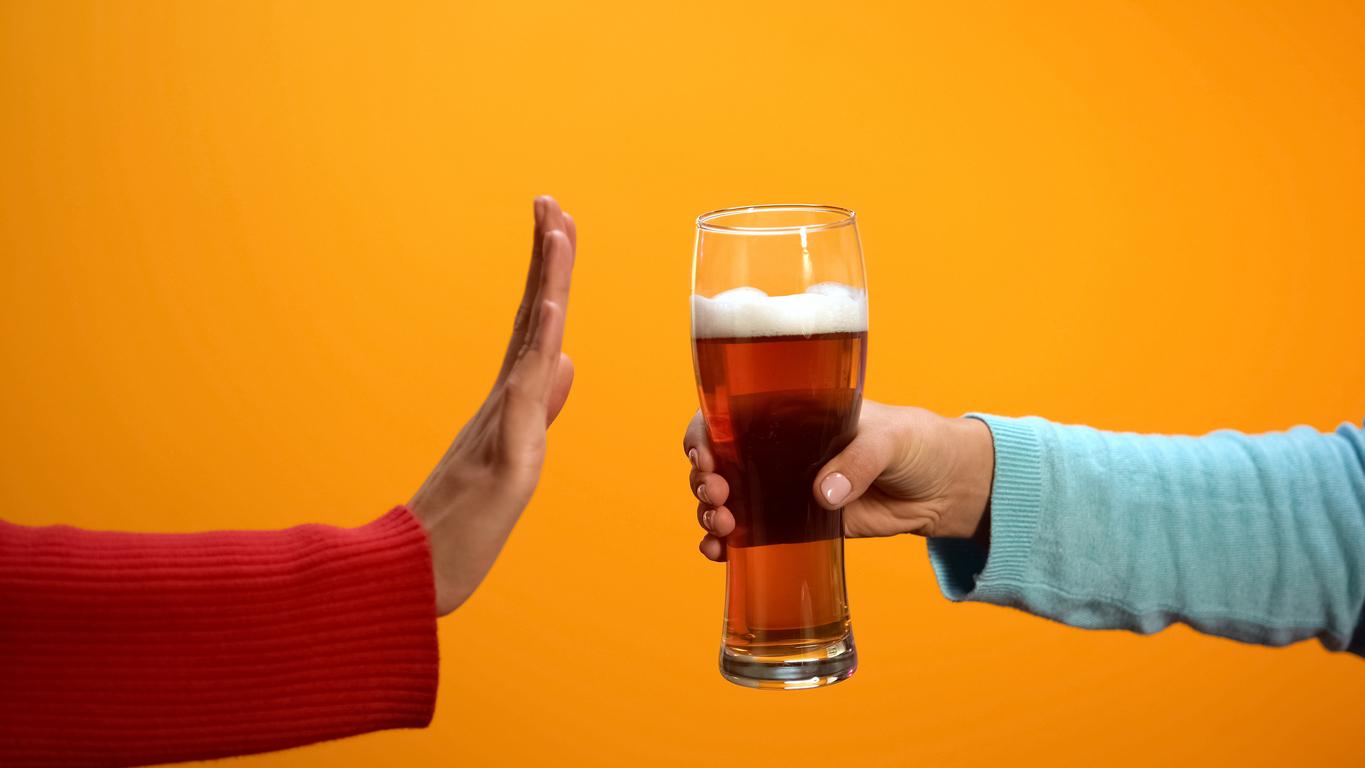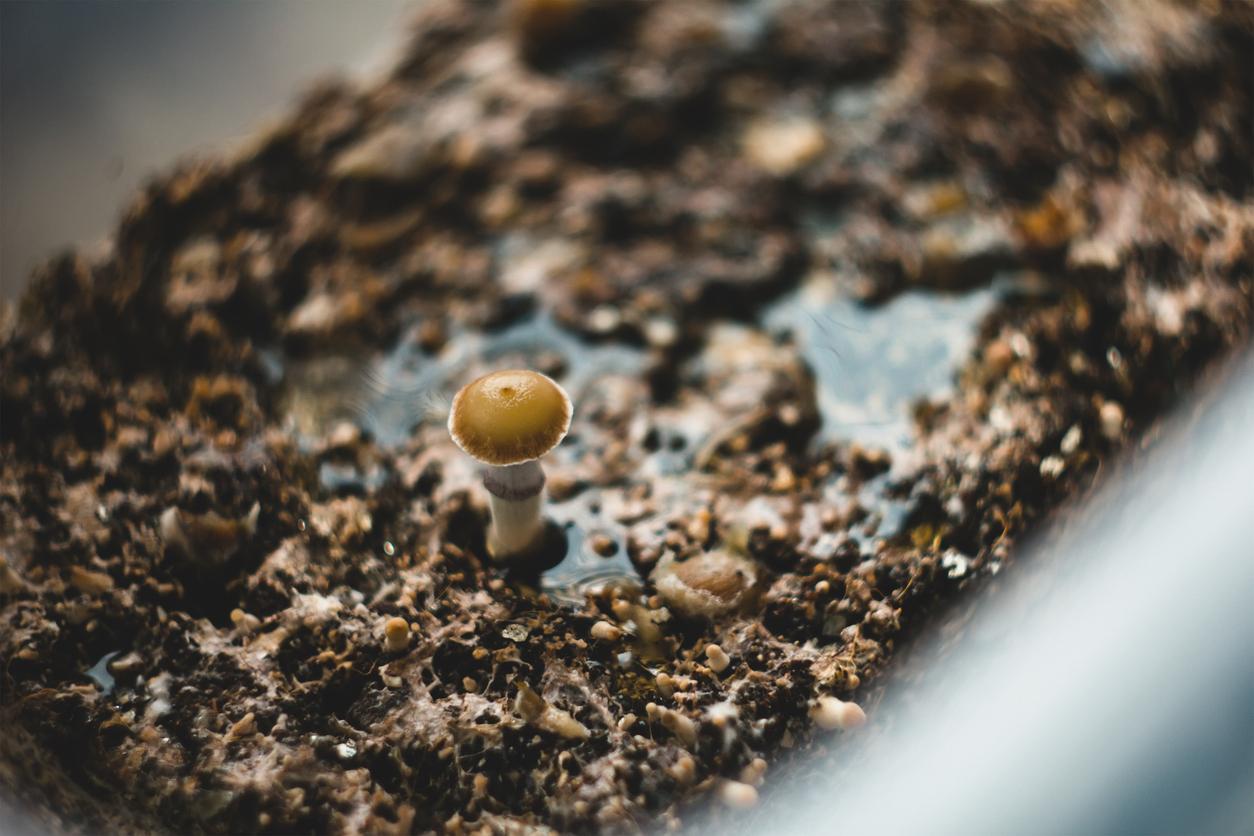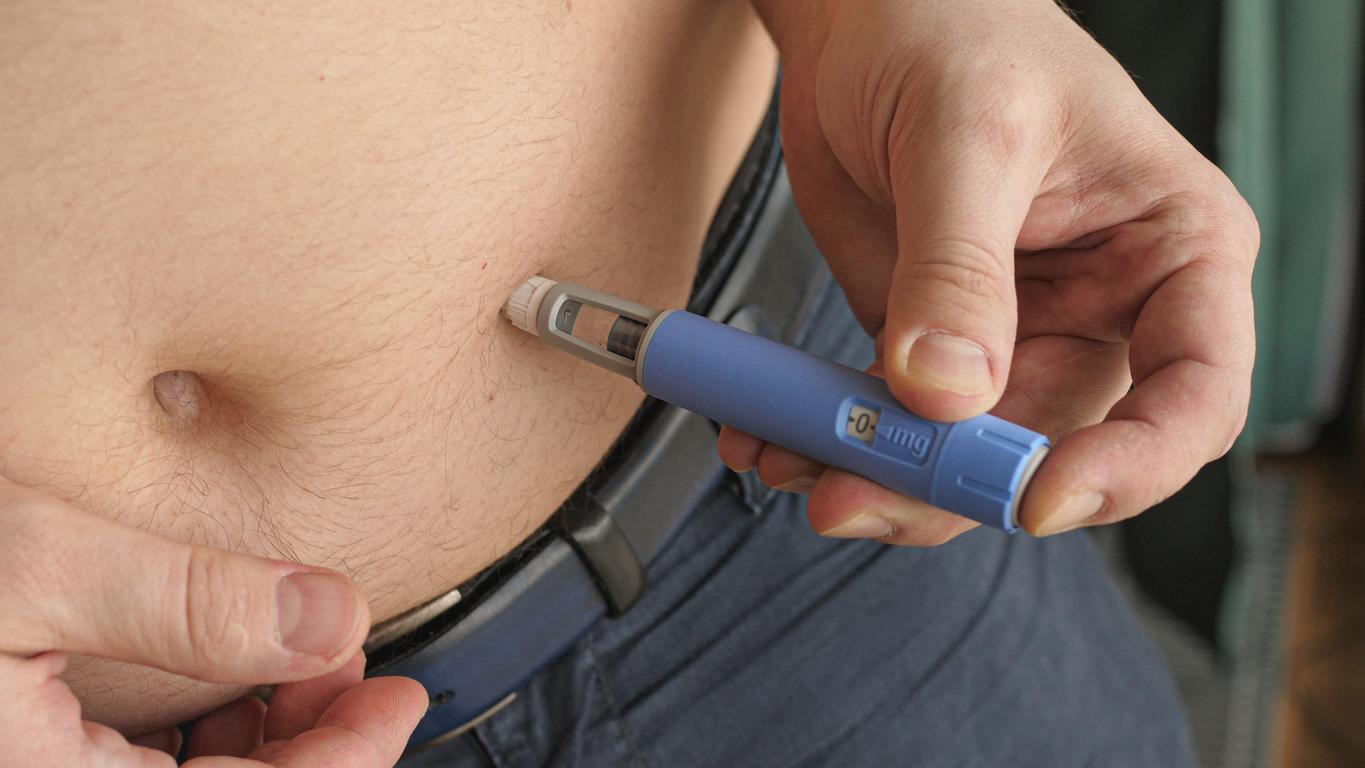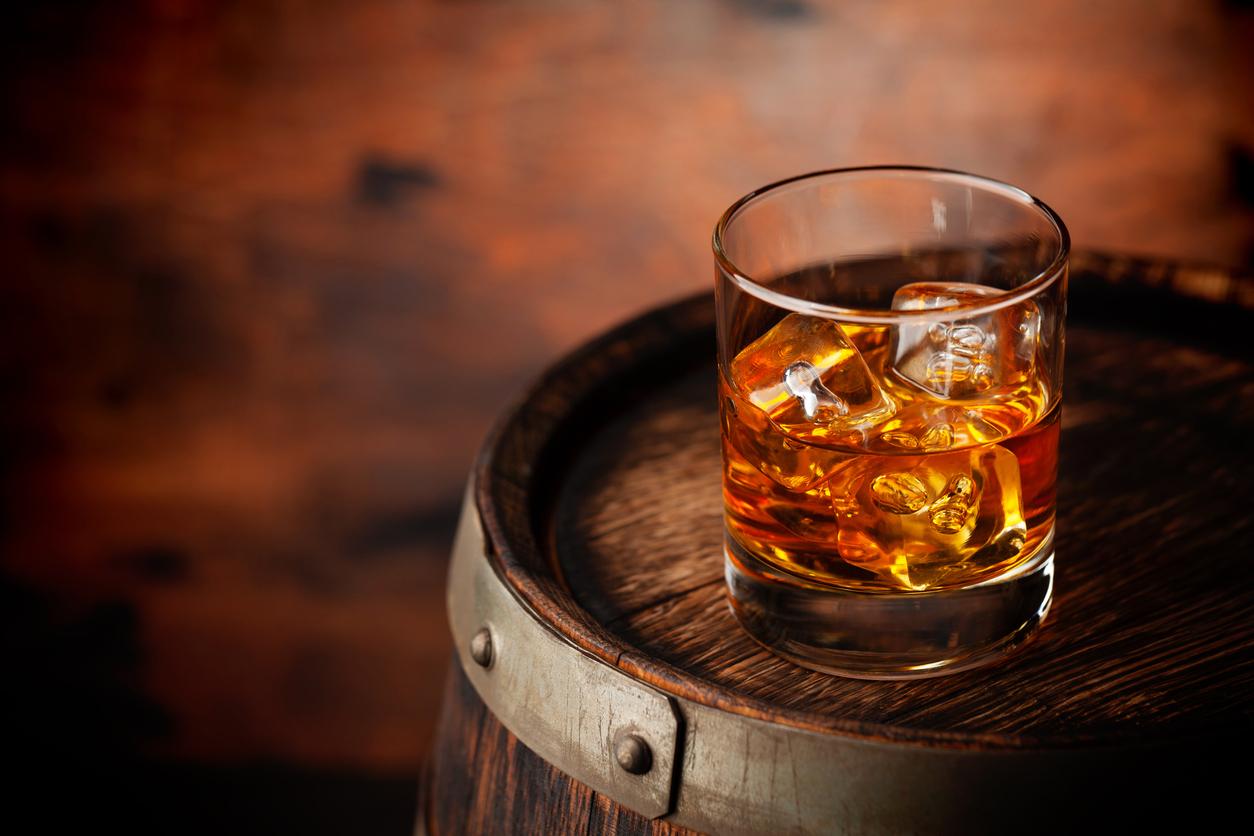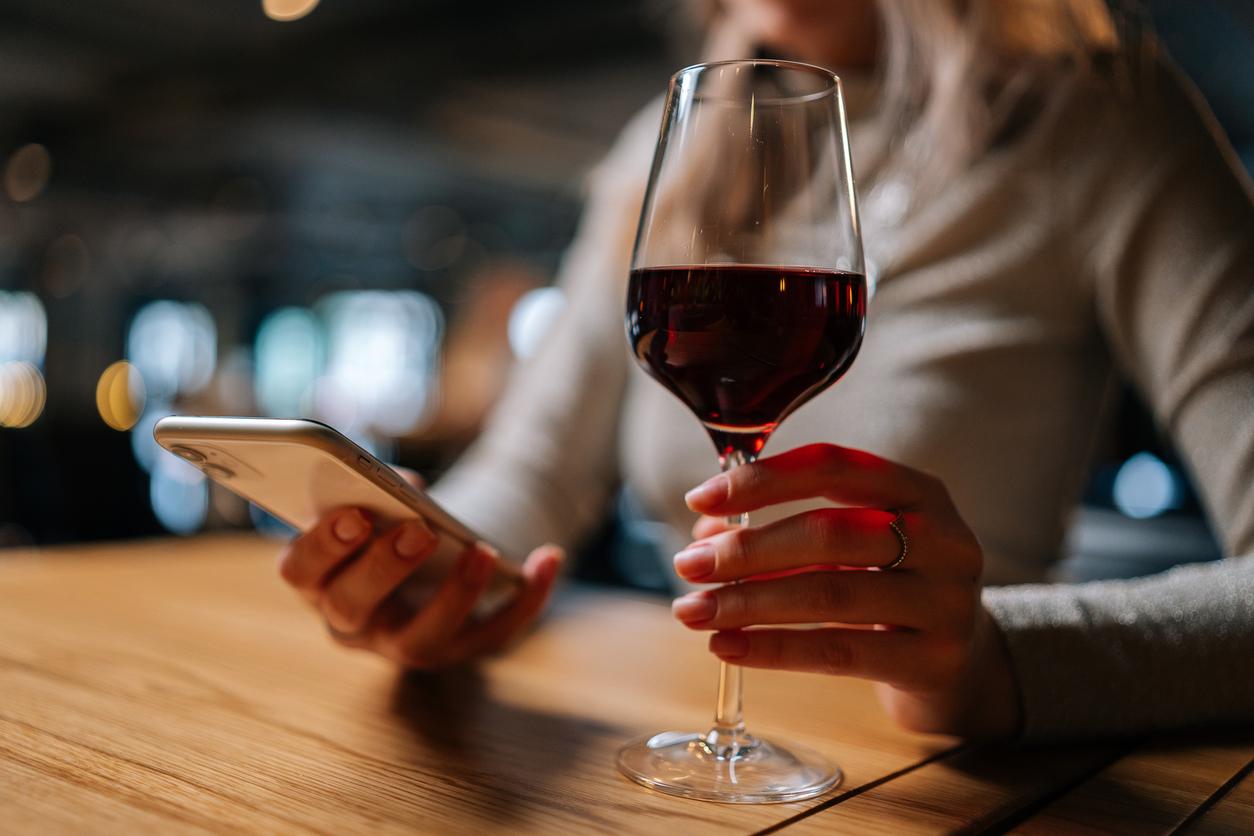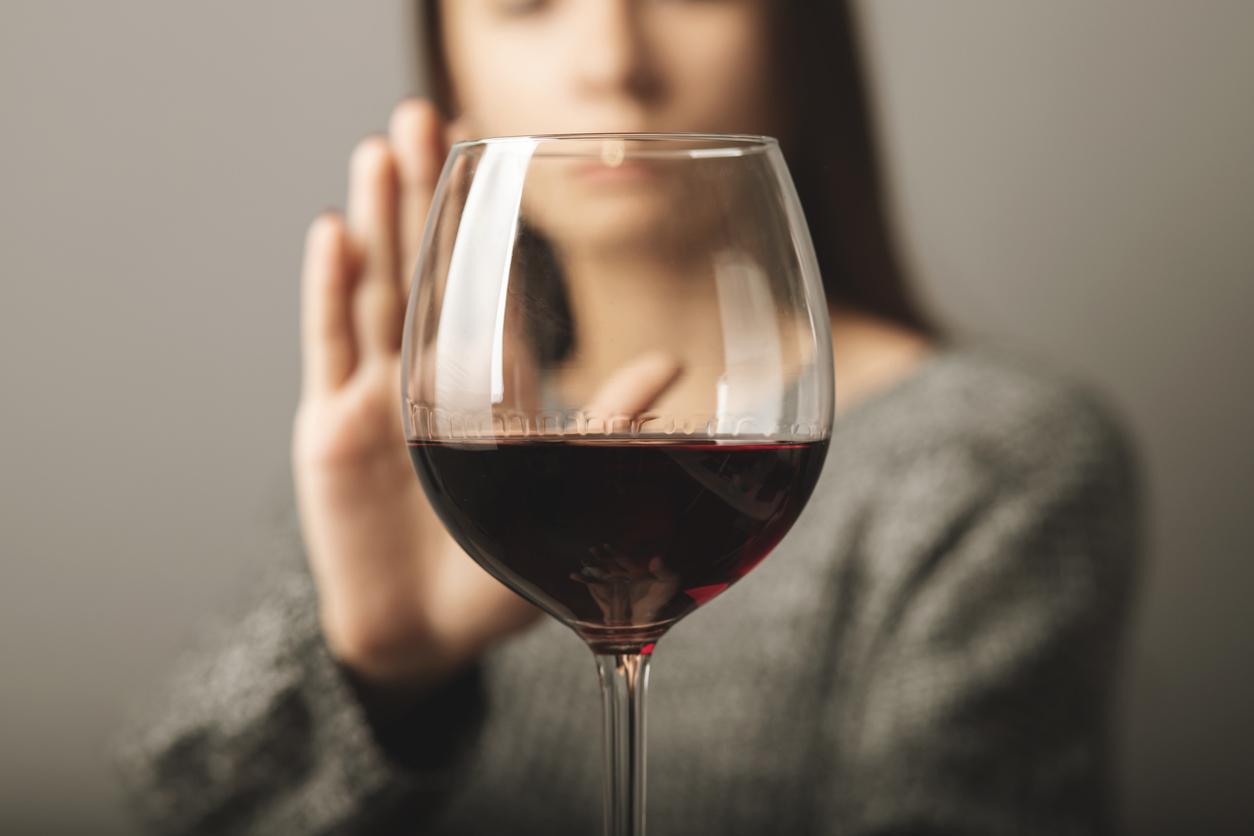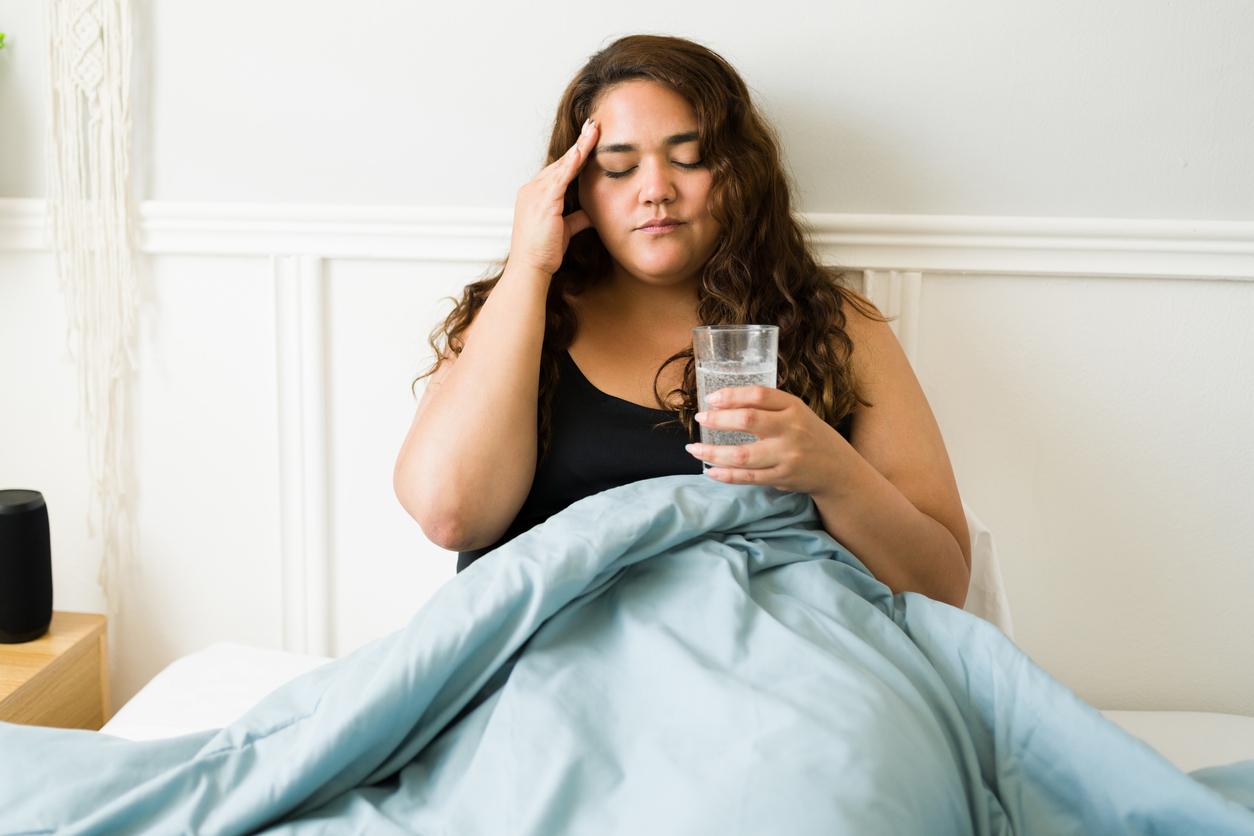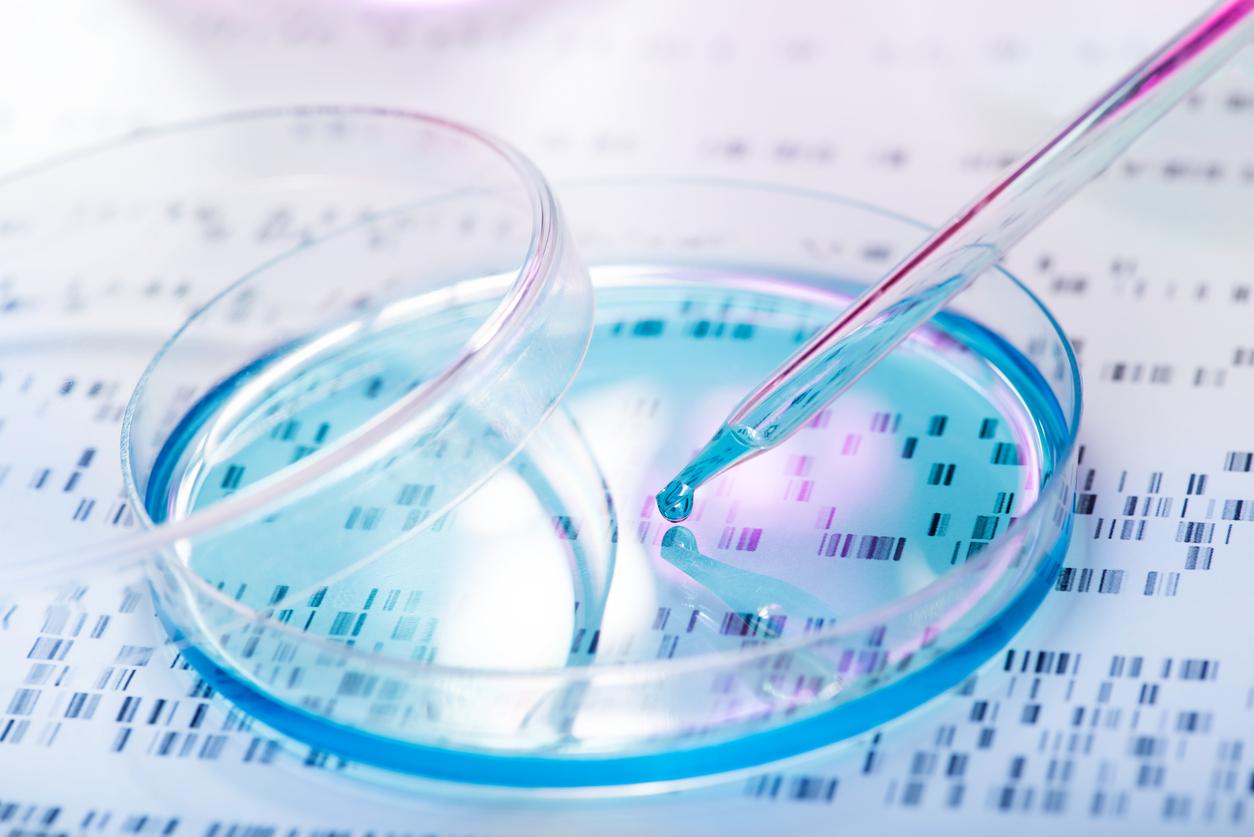The ANSM drug agency announced at a press conference on Tuesday that it would deliver its response regarding the use of Baclofen in the treatment of alcoholism, “no later than the start of the school year” in September.
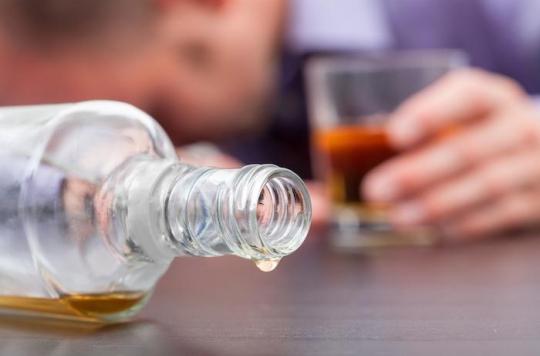
Should we or should not prescribe Baclofen in high doses to alcoholics? The ANSM drug agency will rule “no later than the start of the school year” in September on this issue, said its director general, Dominique Martin. A public debate involving experts and associations should be organized in a few months.
If a marketing authorization (MA) for this muscle relaxant were accepted to treat alcoholism, it would be a world first “since, to our knowledge, no other country in the world regulates the use of baclofen in alcohol dependence “. While it had been prescribed since 2014 for this purpose as part of a temporary recommendation for use (RTU), the National Medicines Safety Agency (ANSM) had published a study co-carried out by the National Insurance Fund. disease (CNAM) and Inserm, concluding that the level of safety of the drug was “worrying” when it is used in high doses in alcoholics.
Examining the MA application for # baclofen in the treatment of alcohol dependence in progress #petitdejANSM
https://t.co/Z8Z0vFeaMw– ANSM (@ansm) February 13, 2018
The anger of the patients
In the process, the ANSM had reduced the prescription dose to 80 mg per day, against 300 mg previously “given the increased risk of hospitalization and death”, which had the effect of arousing the anger of some patients . On January 24, 2018, one of them seized the Council of State to claim the right to prescribe the drug in high doses to alcoholics. Two appeals were filed: one for annulment to challenge the ban and the other to request its urgent suspension.
The RTU is maintained until the ANSM decides on the marketing authorization application (AMM) for the drug in the treatment of alcoholism. Filed in April 2017 by the Ethypharm laboratory, this request is currently under review.
Baclofen, a placebo?
The ALPADIR study published in Alcohol and Alcoholism in May 2017, demonstrated that Baclofen does not cause a major difference compared to a placebo. 320 adult alcoholics were recruited from French addiction services. Half of them were prescribed Baclofen, while the other volunteers were given a placebo. It was observed after six months of treatment that the molecule had a low efficacy: 12% of patients on medication did not consume alcohol for 20 consecutive weeks, against 10.5% in the placebo group. Baclofen, reality or illusion?
.









